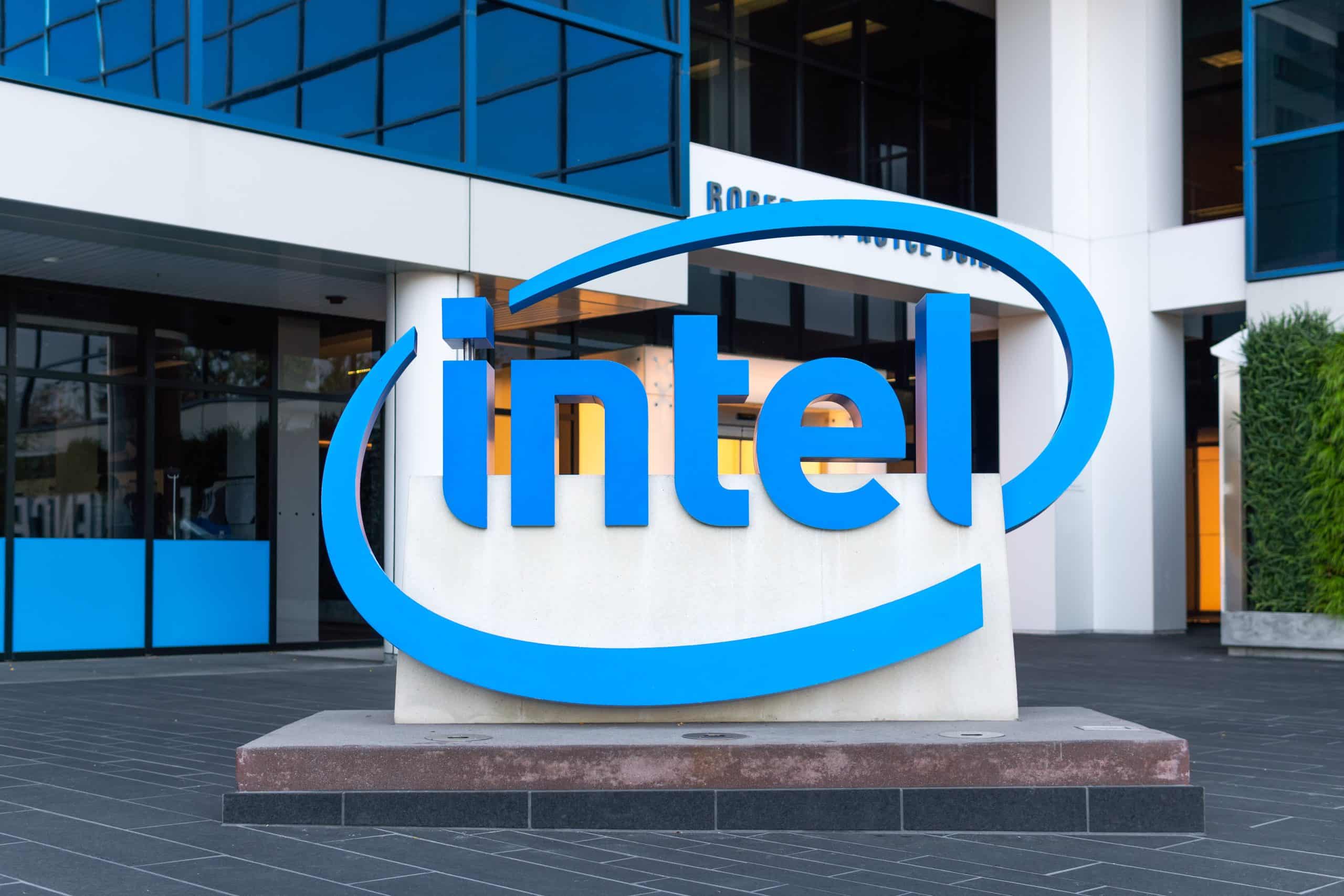Intel unveiled powerful new processors this week designed to support artificial intelligence workloads and usher in the “age of the AI PC”.
The chips, formally launched at an “AI Everywhere” event in New York, underscore Intel’s ambitions to be a driving force in this growing industry that promises to transform businesses and consumers’ everyday lives. They are also further evidence of an intensifying race with rivals like Nvidia and AMD to dominate the surging market for AI hardware.
Two major announcements anchor Intel’s updated portfolio:
- Intel Core Ultra Mobile Processors: The company’s first PC chips with dedicated on-chip AI acceleration through a neural processing unit (NPU). They promise more efficient performance for AI tasks on laptops.
- 5th Generation Intel Xeon Processors: New server chips optimized for data centers, cloud services, and edge devices. They integrate AI acceleration directly into each processing core.
Together, they showcase Intel’s strategy of providing the required hardware to power the next generation of AI solutions.
“Intel is developing the technologies and solutions that empower customers to seamlessly integrate and effectively run AI in all their applications — in the cloud and, increasingly, locally at the PC and edge, where data is generated and used.”, highlighted Pat Gelsinger, the CEO of the tech giant.
Intel Core Ultra: AI Computing for the Masses
The Intel Core Ultra family represents the company’s biggest architectural shift in four decades. The chips use cutting-edge packaging methods and combine optimized computing cores to deliver both performance and efficiency.
Most notably, they are Intel’s first PC processors featuring a built-in NPU specifically for AI workloads. The NPU enables new features and performance gains by handling machine learning tasks separately from the main CPUs.
As a result, the Core Ultra achieves up to 2.5x better power efficiency during AI processing than prior generations, Intel stated. The NPU also complements Intel’s existing GPU and CPU cores, which can also accelerate certain facets of AI.
For consumers, this means significant battery life improvements when using AI-enhanced applications on laptops. It also paves the way for more immersive experiences that rely on this technology.
Intel cited tools for blurring backgrounds on video calls or games rendering photorealistic graphics as early examples. However, the company envisions a new world where AI-powered PCs will deliver a whole new level of user experience by enabling mighty productivity, creativity, and gaming software.
The initial lineup of Intel Core Ultra chips will be powering more than 230 different consumer laptop models. Major manufacturers on board include Dell, HP, Samsung, Acer, and Asus. The company forecasts that AI-powered PCs will make up at least 80% of the entire market by 2028.
5th Generation Xeon Processors: Data Center AI Gets Turbocharged
Meanwhile, Intel’s new 5th generation Xeon processors target cloud, enterprise servers, networks, and edge devices. Similarly, they feature intrinsic AI acceleration woven into their architecture.
Specifically, Xeon cores now deliver up to 42% faster AI inference than prior models when running neural networks with over 20 billion parameters. This allows more responsive and accurate predictions.
Also read: US and Nvidia Weigh Easing AI Chip Ban in China Amid Rising Tensions
For clients focused on training or continuously refining their AI models rather than just inferencing, Xeon also tops MLPerf benchmarks for frameworks like PyTorch and TensorFlow.
Beyond AI, the 5th generation Xeon provides a major generational boost in overall performance and efficiency. Intel stated that these new chips achieved:
- 21% higher average general computing gains.
- 36% greater average performance per watt.
- Up to 77% lower total cost of ownership over 5 years for upgraders.
These hardware improvements should directly accelerate AI applications at scale while lowering infrastructure costs for data centers. It makes running compute-intensive neural networks more affordable.
The processors have already shown real-world impact for some Intel partners:
- IBM Watson increased query throughput by 2.7x for analytics workloads.
- Google Cloud customer Palo Alto Networks sped up its security models 2X.
- Gaming company Gallium Studios cut inference latency 6.5x with Numenta’s AI platform.
With both the consumer-oriented Core Ultra and data center-focused Xeon families, Intel is strategically establishing itself as a robust supplier of high-performing AI chips for multiple devices.
Next-Generation Intel Gaudi AI Accelerator Coming in 2024
Wrapping up its product unveilings, Intel offered a sneak peek at the 3rd generation Intel Gaudi data center AI accelerator.
Gaudi 3 will ship next year as Intel’s challenger to Nvidia’s flagship H100 chip for training and running state-of-the-art generative AI models.
Also read: Microsoft Unveils Custom AI Chips to Boost Azure and Reduce Reliance on GPUs
Intel described Gaudi as enjoying “the rapid expansion” of its pipeline due to competitive performance advantages in price and efficiency. It expects Gaudi accelerators to capture significant market share in 2024 based on surging enterprise demand for tools like ChatGPT.
Intel Develops Diverse Product Portfolio to Meets Diverse AI Needs

Through its end-to-end portfolio spanning accelerators, processors, software tools, and an open ecosystem, Intel is enabling the development of an ecosystem it has named “AI Everywhere.”
This encompasses everything from real-time language models on PCs to optimizing manufacturing with computer vision. The proliferation of AI means flexibility to target different hardware and environments.
In summary, Intel Core Ultra brings AI to the masses on laptops for consumers and businesses while the 5th generation of Xeon chips scales AI in the cloud and data centers cost-effectively. Finally, upcoming chips like Gaudi 3 will drive the next generation of cutting-edge neural networks that will demand immense computing power.
For application developers, Intel also provides optimization frameworks like oneAPI to simplify tapping into acceleration resources across diverse chipsets.5
The result is an AI infrastructure capable of everything from smart assistants on phones to guiding self-driving cars on the road.
Intel’s Strategy to Win the AI Chip War is Going “All In”
With these interesting new launches and quite an ambitious roadmap, Intel is sending a clear signal: it intends to lead rather than follow in powering the AI revolution.
The technology giant is firmly on the offensive after falling behind rivals like Nvidia in rolling out specialized AI accelerators.
The potential prize over the next decade is hundreds of billions of dollars as software eats the world with intelligence. Through aggressive execution and architecture that anticipates AI’s exponential spread, Intel aims to come out on top.
